As President Bola Tinubu approaches the midpoint of his first term, he has highlighted significant economic strides made under his administration. These achievements include the removal of fuel subsidies, the liberalization of the naira, and a notable increase in foreign reserves. However, challenges such as persistent inflation and security concerns continue to affect the nation.
In January 2025, Finance Minister Wale Edun announced Nigeria’s goal to double its economic growth from the current annualized rate of 3.5% within the next one to two years. This ambitious target aims to alleviate poverty and stimulate investment across various sectors, including consumer goods, financial services, and infrastructure. Edun emphasized that the government’s focus is on attracting private investment to create jobs and reduce reliance on borrowing. Central Bank Governor Olayemi Cardoso projected a 4.17% economic growth for the year, driven by ongoing reforms and stabilizing inflation.
Despite these positive developments, inflation remains a significant concern. In December 2024, inflation peaked at 34.80%, primarily driven by food prices, which have been exacerbated by high fuel costs and insecurity in farming regions. The government has acknowledged the need for agricultural and market reforms to address these issues.
Security challenges also persist, particularly in the North-West and North-Central regions, where banditry and kidnappings have escalated. These security issues have disrupted agricultural activities, leading to food shortages and increased prices. The government has initiated military operations to combat these threats, but the situation remains complex.
In response to the economic hardships faced by many Nigerians, the government has implemented measures such as increasing the national minimum wage and distributing over N24 billion through conditional cash transfers to vulnerable households. These initiatives aim to alleviate the impact of rising living costs and provide support to those affected by the economic reforms.
Looking ahead, President Tinubu has presented a 2025 budget that prioritizes security, infrastructure, and measures to ease the cost-of-living crisis. The budget includes a deficit of 3.89% of GDP, with a focus on addressing the nation’s economic challenges. The government remains committed to its reform agenda, aiming to stabilize the economy and improve the living standards of Nigerians.
While the administration has made notable progress in certain areas, the persistence of inflation and security issues underscores the need for continued efforts to ensure sustainable economic growth and stability.





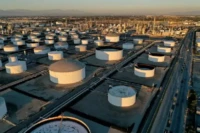

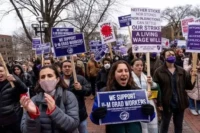

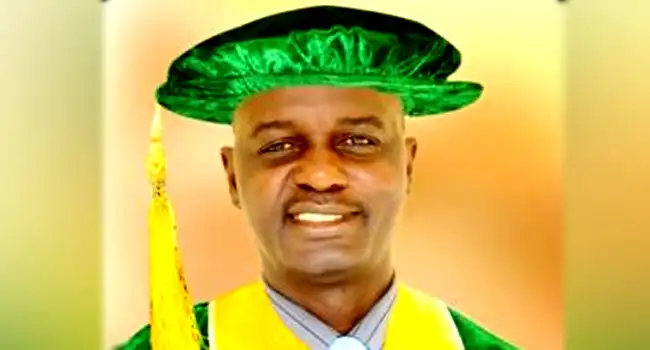
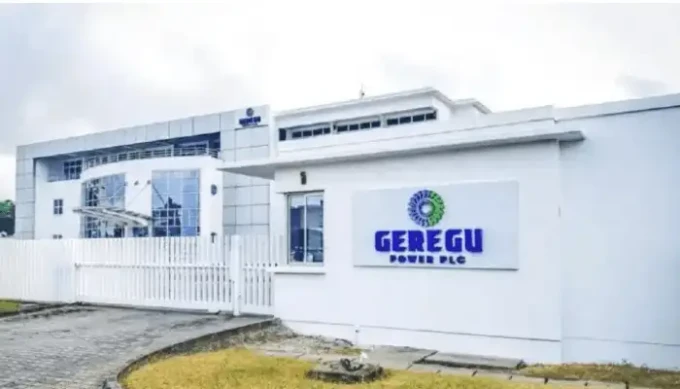
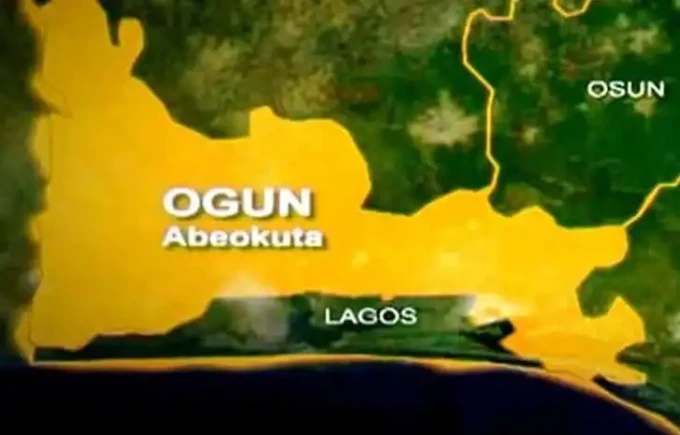
Leave a comment